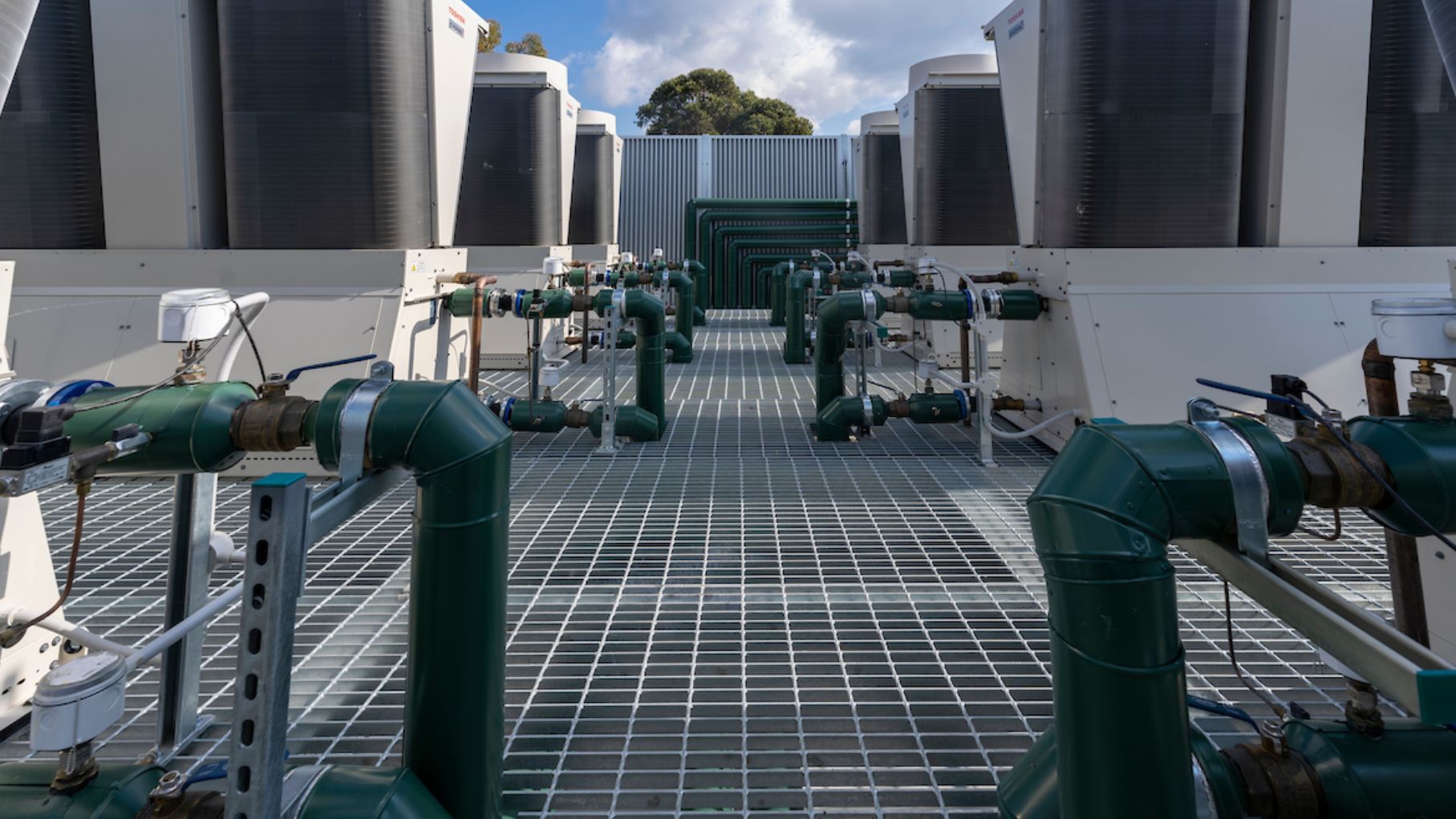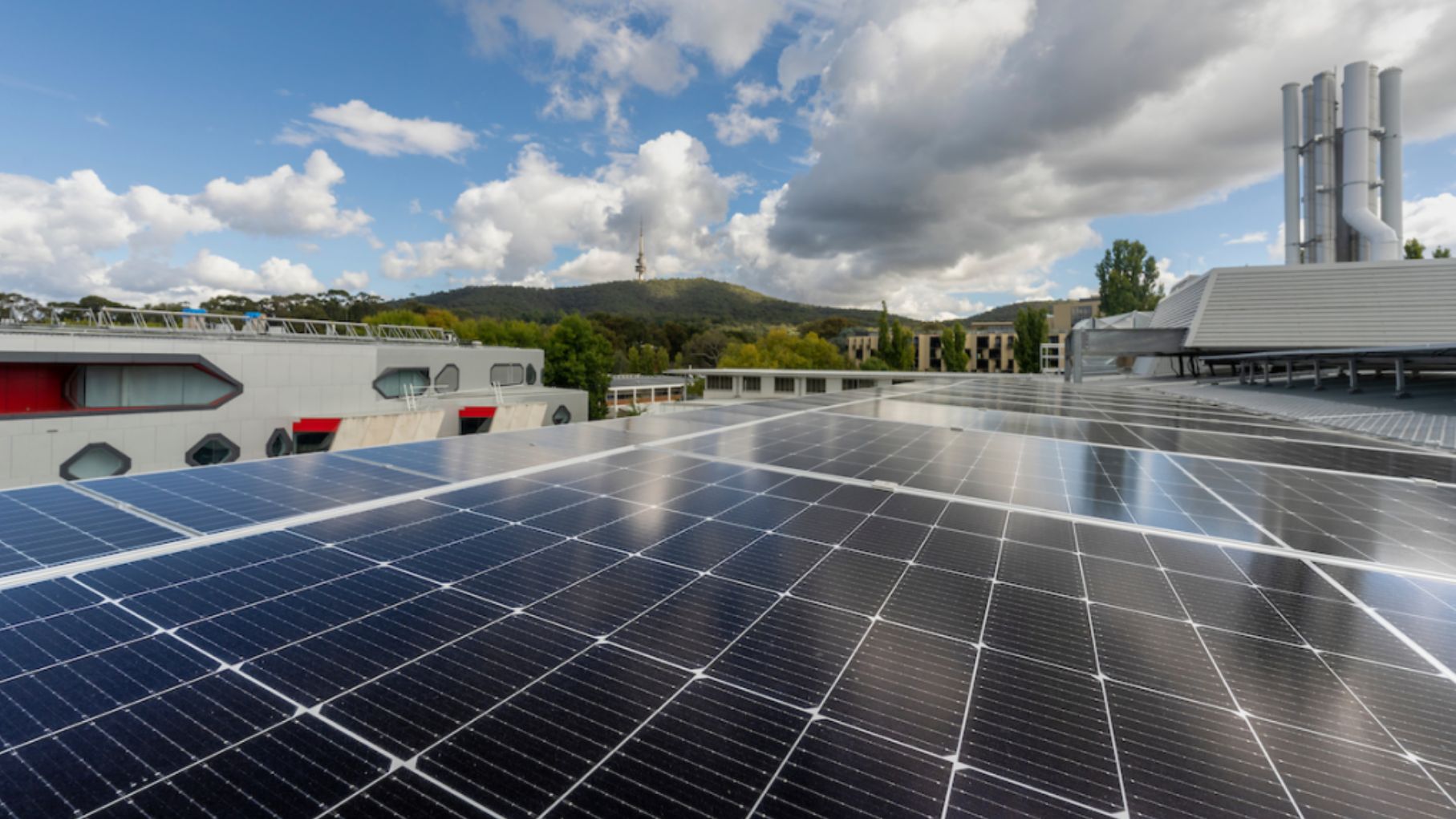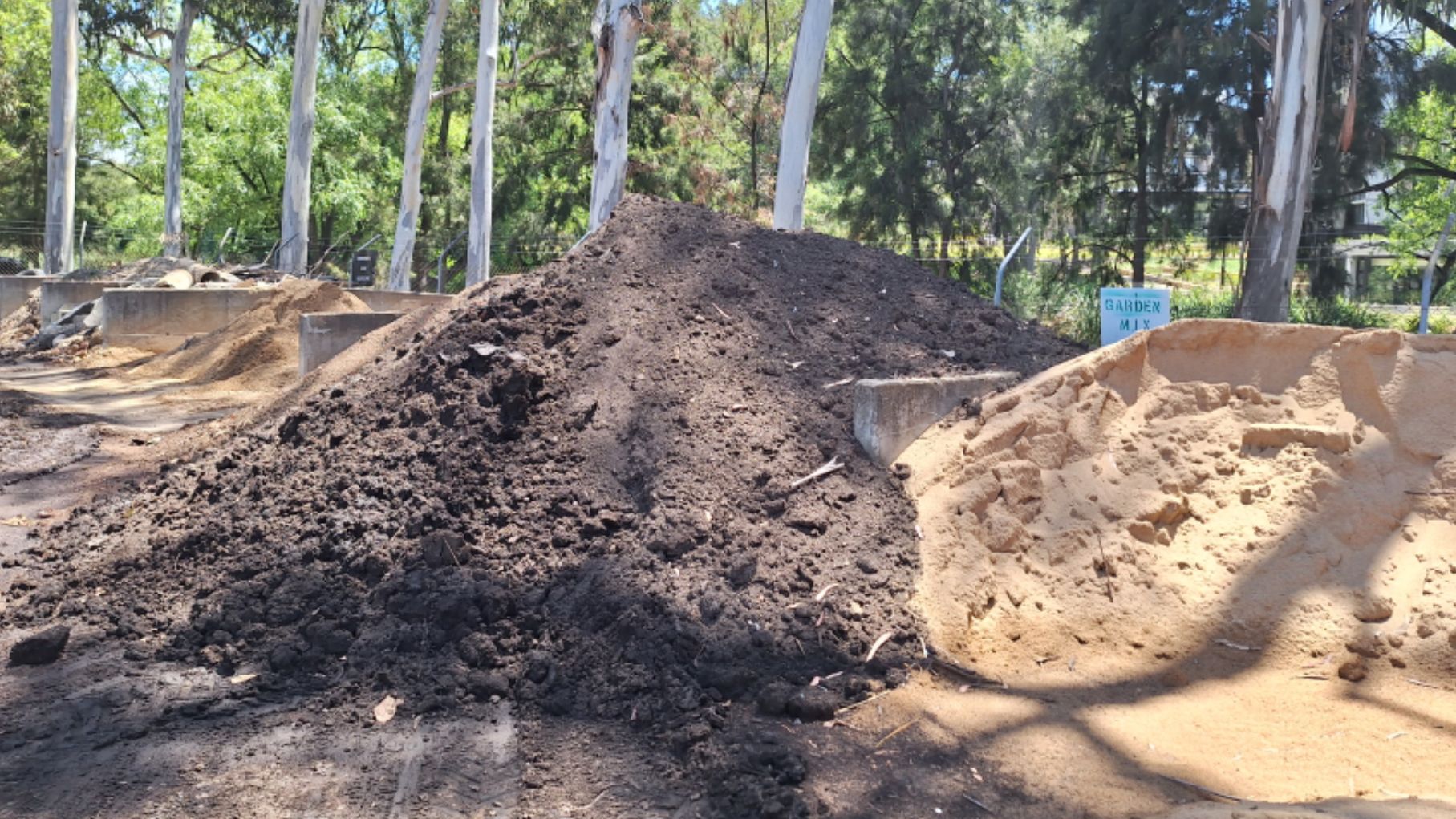
The 2024 ANU Environmental Sustainability Report has now been released, capturing a year of meaningful progress and collaboration across campus operations, research, teaching and engagement.
The report highlights the combined efforts of ANU staff, students and partners working together to advance sustainability and build momentum toward a low-carbon, climate-smart future. Below are some of the key achievements from 2024.
Tracking our full carbon footprint
ANU completed a materiality assessment to map emissions across our entire value chain, known as Scope 3. This includes areas like procurement, accommodation and commuting. For the first time, ANU is publishing the full extent of Scope 3 emissions in the report, offering a more comprehensive picture of our carbon impact and reduction opportunities.
Transitioning away from fossil fuels
Five additional campus buildings were electrified using efficient heat pump technology, continuing our shift away from gas heating and supporting our long-term decarbonisation goals. With the School of Music, M- and N-Block, Drill Hall Gallery and Peter Karmel Buildings now fully electrified, nine buildings across campus are powered by electric systems, reducing our emissions by approximately 700 tonnes of CO₂-equivalent annually.

Electric heat pumps installation at ANU Acton campus.

New solar PV system at ANU Acton campus.
Solar target met early
ANU reached its 1 MW rooftop solar installation target a full year ahead of schedule. New solar PV systems were added across campus in 2023 and 2024, alongside major repairs to previously damaged systems from the 2020 hailstorm.
Award-winning travel emissions reduction
The Carbon Smart Travel program—designed to integrate emissions data into travel booking and promote lower-impact travel options—was recognised with a Climate Action Award at the 2024 Australasian Green Gown Awards.

2024 Australasian Green Gown Award finalists.

Organic topdressing dressing developed in the ANU Soil Yard.
Supporting biodiversity and healthy landscapes
More than 900 m³ of green waste was processed and reused as organic topdressing across campus landscapes, improving soil quality and supporting long-term ecological health.
Strength in sustainability research
ANU researchers produced nearly 9,000 publications aligned with the UN Sustainable Development Goals (SDGs), with a field-weighted citation impact of 1.92, nearly double the global average. Research aligned to SDG 13: Climate Action was cited in over 1,200 policy documents worldwide, reflecting significant real-world impact.
Embedding sustainability in learning
Over 10,000 students engaged with courses addressing environmental sustainability issues in 2024. Overall, 45 per cent of ANU programs now include sustainability content, showing continued progress in integrating sustainability across the curriculum.
Strengthening climate risk management
ANU introduced a new climate risk management pillar in 2024 to guide adaptation and long-term planning. We joined the Commonwealth Climate Disclosure Pilot, with our first climate risk disclosure published in the University’s Annual Report. ANU also co-chaired an ACTS national working group that convened 12 universities to explore how climate change could affect the sector in the 2030s, 2060s and 2090s. A report outlining four climate scenarios will be published in 2025.
Stronger systems and coordination
The Below Zero program merged with ANU Green to form a single team within the Campus Environment Division. This merger supports a more integrated, whole-of-campus approach to environmental sustainability delivery and governance.
The report also features stories of collaboration, community action and initiatives that lay the foundation for the next phase of sustainability at ANU.